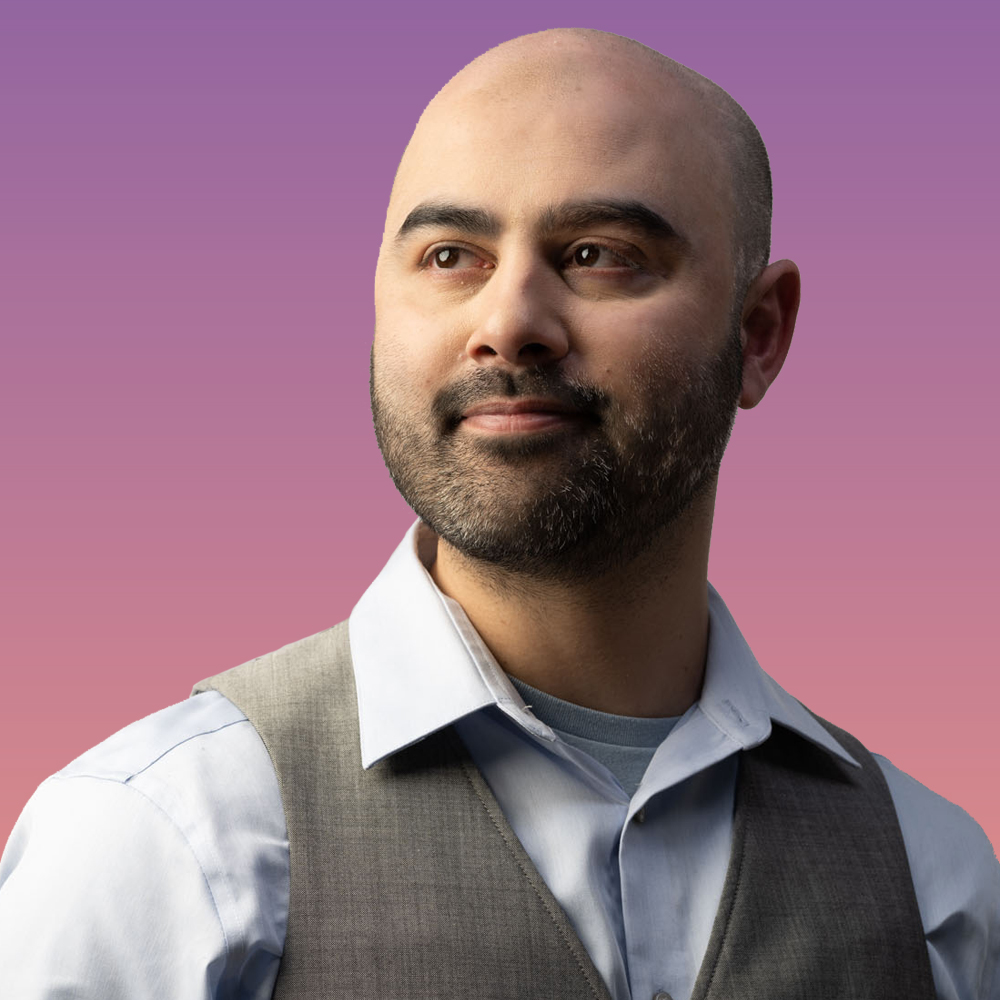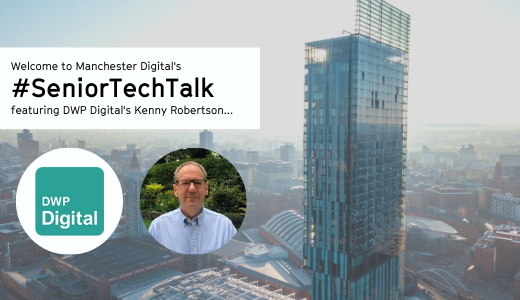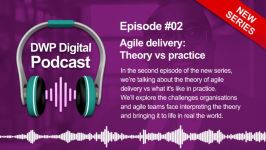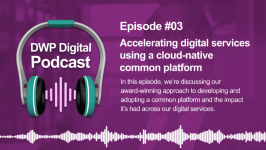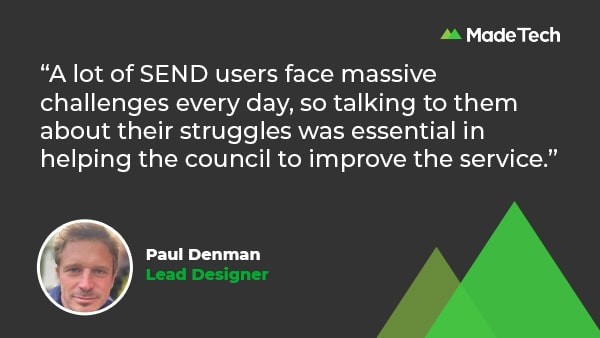
Last summer we worked with Dorset Council on a discovery to improve their Children and Families digital service. We focused on how the special educational needs and disabilities (SEND) section of their website can support children and their families. Here, parents of children with learning difficulties can find help when they need it for things like education and health. So it was vital to the council it was as effective and clear as possible.
User research helped us find areas of the site to improve the digital experience for families. These included making sure the information they’re looking for is easily discoverable, relevant, clear, engaging and all in one place.
I was delighted to be involved with this work, seeing first hand Dorset Council’s drive to make a real difference in the community. In this post I’ll share some of the highlights from the project and the changes it can make to people’s lives.
Value, passion and inspiration
One of the very early highlights that comes to mind is the passion from the staff at Dorset Council. When engaging with different teams as part of our user research they had great ideas for improvements. And it was wonderful to hear their thoughts, insights and desire to make a difference.
During our time with Dorset we spoke with residents to understand their experiences of the current service and why they use it. Some shared that they use it to help reduce anxiety in their children and wanted more video content with information about what activities are available and who would be involved. This was something we took on board and incorporated into our final recommendations for the council.
A lot of SEND users face massive challenges everyday, so talking to them about their struggles was essential in helping the council to improve the service. It’s also something that’s quite close to my heart. Having a daughter who goes to school, I want the best for her and the best services for her. If she needed access to support, I’d want it to be very easy for her to find the right help.
A modern way of working
It was important for us to adopt very modern ways of working to meet as many people as possible and so we had virtual chats throughout the project. We still got to know each other really well, and this was something we prioritised first instead of jumping straight into the business side of things.
While virtual meetings are a great way to interact with people, remote working can still sometimes come with its challenges. We made the most of tools like Miro, which is essentially a virtual whiteboard where everyone can share ideas and come up with solutions during calls. We also did virtual journey mapping with the team to show how users engage with the council’s services and held idea sessions which kept us all engaged.
We ran workshops with the Dorset team, but wanted to support them to brainstorm solutions that would work best for their communities. This was really important because we always want to make sure our clients truly believe in any suggested solutions we recommend.
It was a delight to work with a team that was so open and engaged. It was a true collaboration filled with empathy for each other and our workloads which helped us to manage our time together effectively. There was a mutual trust between us all that was central to the success of this discovery.
The future of SEND in Dorset
We had a guiding vision for the children and families service in Dorset. If you can get a team behind a vision, it allows projects to run smoothly and helps you to achieve great results. Myself and the team are delighted with the outcome of the discovery and we’re now onto the next part of the journey. We’ve sent a proposal to Dorset Council to continue on to the Beta phase of the project. It includes our approach to support the team to launch the SEND offer in the next few months. We’ll keep you updated on our plans!

